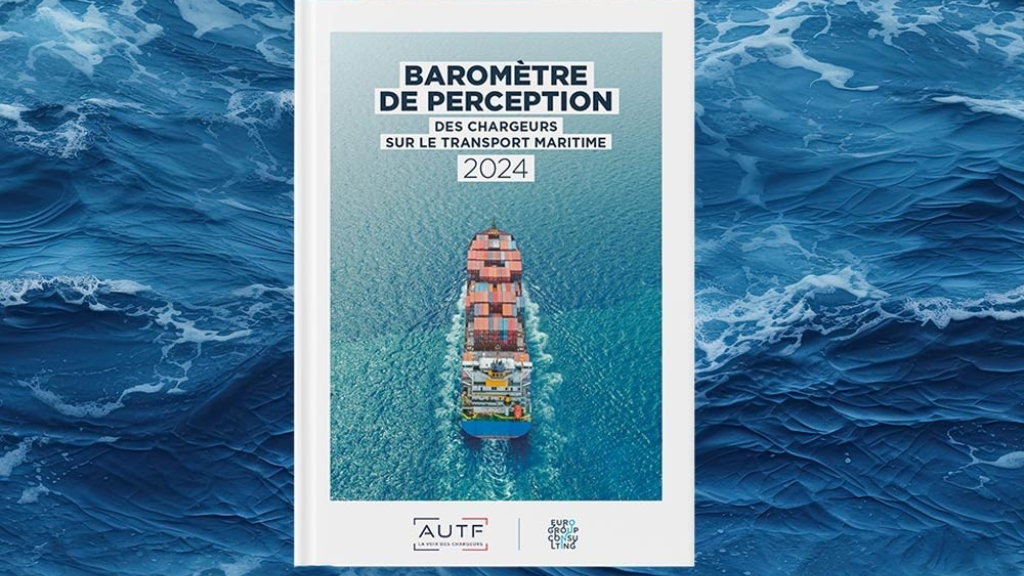French shippers’ perception barometer on maritime transport
The 4th edition of the shippers’ perception barometer confirms the positioning of French port locations with a slight general increase in the level of satisfaction despite repeated strikes in 2023. The multiplication of parking and D&D fees strongly penalizes the future attractiveness of French ports. Geopolitical factors, the consequences of the energy crisis and CSR issues are now key criteria for maritime transport choices in 2024 and beyond.
Choice of modal shift
65% of the shippers surveyed have committed a modal shift towards combined rail/road transport, while 43% are moving towards combined river/road.
Once again this year, road transport remains the preferred mode for pre- and post-carriage. A choice motivated primarily by cost and lead time. It should be noted that shippers have also turned to other modes of transport (combined rail/road for 45% and combined river/road for 33%).
The main criteria that influence the choice of shippers are, in order of importance: the reliability of the reservation (in 5th position in 2023), the availability of equipment (containers) (then in 3rd position in 2023) and the environmental policy of the chosen company.
This reflects a new challenge for shippers, who must now make responsible and virtuous choices regarding their service providers, in order to comply with European regulations.
The price of the service and the transit time disappear from the top 5 this year. One of the reasons for this is the significant drop in prices until November 2023.
CMA-CGM remains the most sought-after company by the panel. Maersk regained second place as in 2022 (51% vs. 41% in 2023), dethroning Hapag-Lloyd which is in fourth place (37% vs. 52% in 2023).
This year, the performance of shipping companies does not appear to be satisfactory. With the exception of environmental policy, a greater proportion of shippers believe that the performance of shipping companies has deteriorated rather or even sharply. This drop in performance is probably due to the deliberate disruption of flows (blank sailing) as well as to an increase in shippers’ non-compliance with long-term contracts on the part of shipping companies, perhaps passing on too many surcharges, such as those linked to environmental policy.
While performance is decreasing, the quality of service seems to be improving. 51% of the panel considers that the level of service provided by shipping companies is compliant or good. This figure is an improvement from last year.
While only 12% of the panel saw their maritime flows increase between 2023 and 2024, almost half of the panel (49%) say they have seen them decrease.
CSR issues are now impacting maritime transport choices
Geopolitical factors, the consequences of the energy crisis and CSR issues are now key criteria for maritime transport choices in 2024 and beyond. It should be noted that strikes and blockades (French ports) are the first issue faced by respondents in 2023. Then come port congestion in France and rising energy prices. CSR issues play an increasingly important role in shippers’ transport choices (it is an influential criterion for 41% of respondents):
- Thus, 57% of the companies surveyed say that ecological and environmental concerns have led them to change their choices in terms of pre- and post-carriage;
- And 51% see the energy crisis as a reason to change these choices.
However, this does not yet translate significantly into a postponement of the choice of port berths. Finally, more than half of the panel (63%) was impacted by parking fees and D&D fees (detention and demurrage).
These elements raise questions about the future attractiveness of French ports, as parking and D&D fees have been a point of tension among shippers. Indeed, strikes and congestion in 2023 have led to an overrun of time spent at terminals and additional fees have been applied to shippers.
Image source: autf.fr

